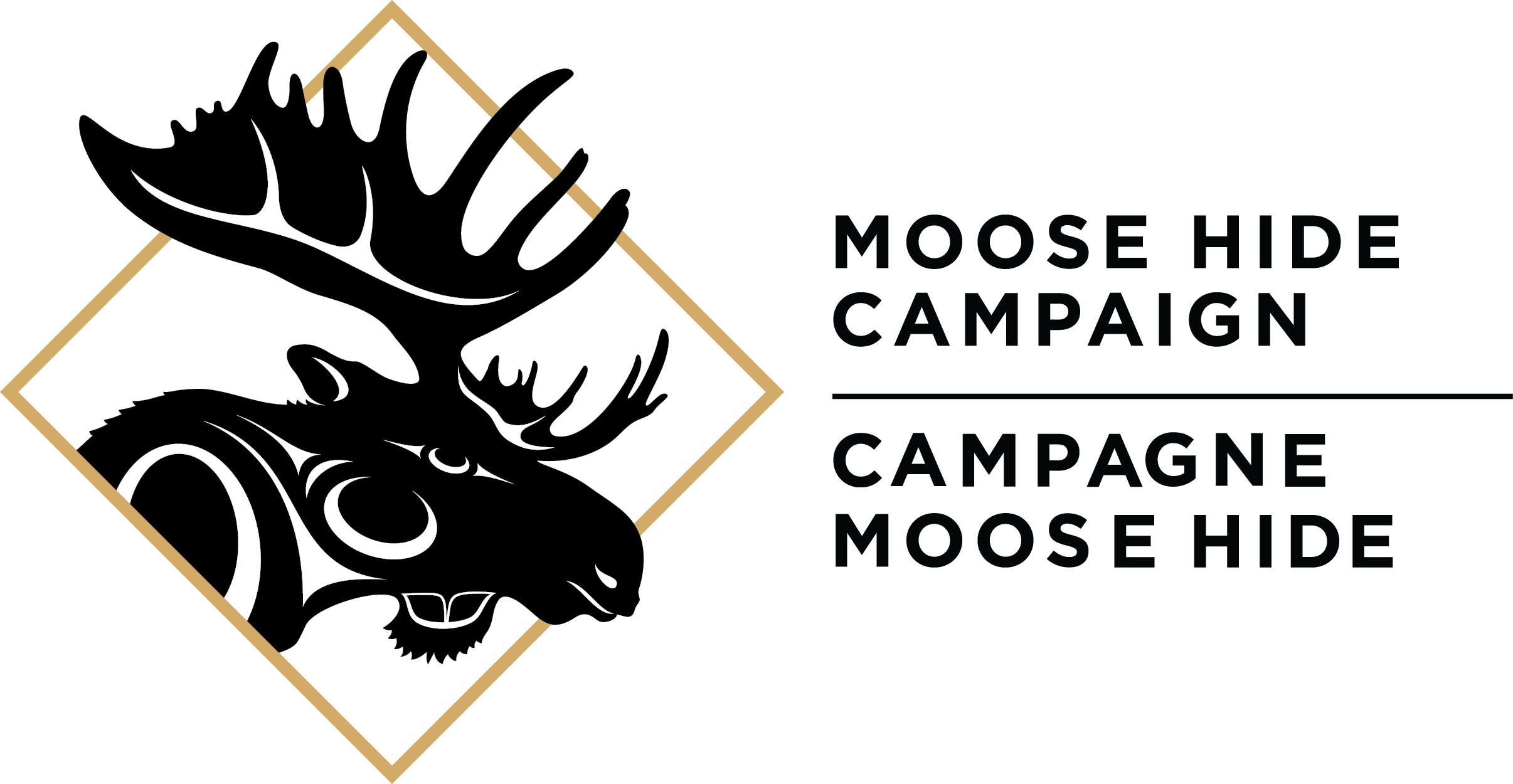The following workshops were held on Moose Hide Campaign Day
Some select workshops will be available on our YouTube channel in the near future.
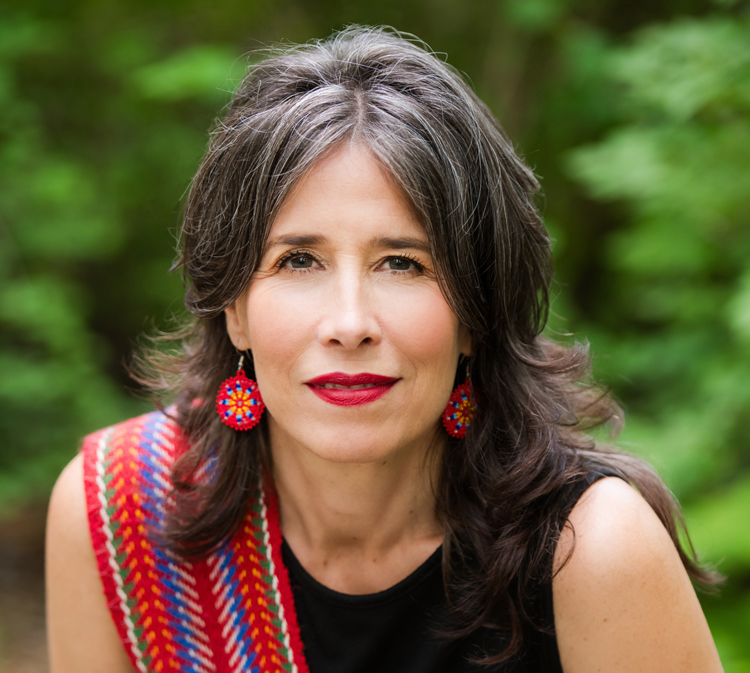
Decolonizing the Sacred Feminine to End Violence
Facilitated by Andrea Menard
Decolonizing the Sacred Feminine to End Violence is a 75-minute workshop that helps you unravel the training that upholds oppressive practises and brings you into right relationship with yourself, others, and the Land itself. The decolonizing practises used in this workshop are grounded in Indigenous and Sacred Feminine wisdom and act as the perfect antidote for ending violence against women and girls.
Most human beings have been taught, through learned and inherited trauma, to ignore their feelings, reject gentleness, and practice domination.
Being dominant over the land seems normal.
Being valued for your proximity to whiteness seems normal.
Viewing feminine aspects as weaker than masculine aspects seems normal.
These beliefs are not normal. They are false premises that make up the foundation of colonized thinking that teaches you to reject your gentle, emotional, cyclical, and connective nature.
Andrea Menard is an accomplished Métis performer, TEDx speaker, and the founder of the Sacred Feminine Learning Lodge. She is an influencer in feminine leadership and the author of Seeds from the Sacred Feminine Wisdom Cards, which use gentle land-based teachings to help readers embody the qualities of the Sacred Feminine and walk more gently on the planet.
Andrea is a multi-nominated actress and 15-time music award winner who dedicates her life and work to empowering both the Indigenous and the Feminine voice through song, story, training, and healing. With Métis roots originating in St. Laurent, Manitoba, Andrea is a proud member of the Metis Nation of British Columbia.
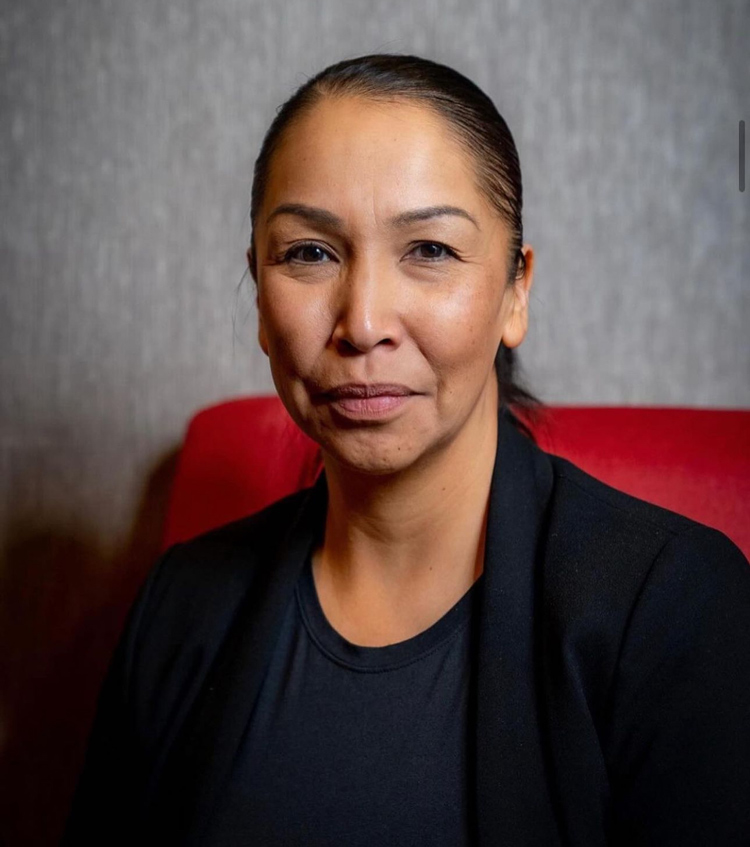
Cultivating Safe Spaces
Facilitated by Elaine Alec
The framework includes 3 areas of understanding to support cultivating safe spaces: the four necessary conditions for cultivating safe spaces, the four protocols for cultivating safe spaces, and understanding the four perspectives for cultivating safe spaces.
Cultivating Safe Spaces is a worldview shifting framework that was developed to empower individuals who may be struggling to understand what decolonization and reconciliation looks like.
This training takes participants from a place of insecurity and overwhelm to a state of focus and empowerment and enhances their ability to communicate effectively and make valuable contributions to the ongoing transformation of systems.
Elaine Alec is from the Syilx (Okanagan) Nation and Secwepemc (Shuswap) Nation and is a member of the Penticton Indian Band in the Interior of British Columbia. She has been a political advisor, Chief of Staff for the British Columbia Assembly of First Nations, Community Planner for her own First Nation, employee for the Province of BC and Federal Government and Entrepreneur. Elaine has spent over 20 years in over 100 communities across Canada to promote healing and wellness. She is the CEO and Founder of Naqsmist Storytellers Inc. Elaine is a first-time author of “Calling My Spirit Back” a memoir about growing up as an Indigenous girl in Canada and the impacts of colonization. It also provides Indigenous knowledge, teachings on how to cultivate safe spaces for diversity and inclusion.
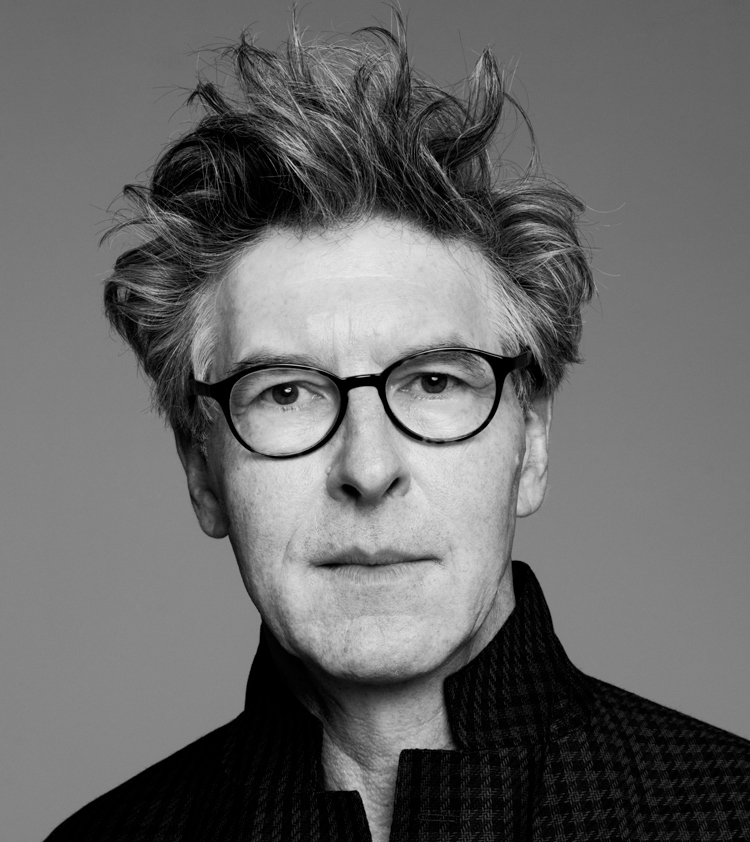
Transforming Fatherhood: A Key to Ending Men’s Violence
Facilitated by Michael Kaufman
If men prioritize caregiving, improve our nurturing skills, and do our equal share of caregiving work, we will greatly reduce violence against women and children and among men.
Michael Kaufman, PhD, is a writer, educator, advisor, and activist focused on engaging men to support gender equality, end men’s violence against women, positively transform boys’ and men’s lives, and promote father’s involvement. He’s the co-founder of the White Ribbon Campaign, which became the world’s largest effort of men working to end violence against women. He’s a senior fellow at Equimundo: Center for Masculinities and Social Justice in Washington DC.
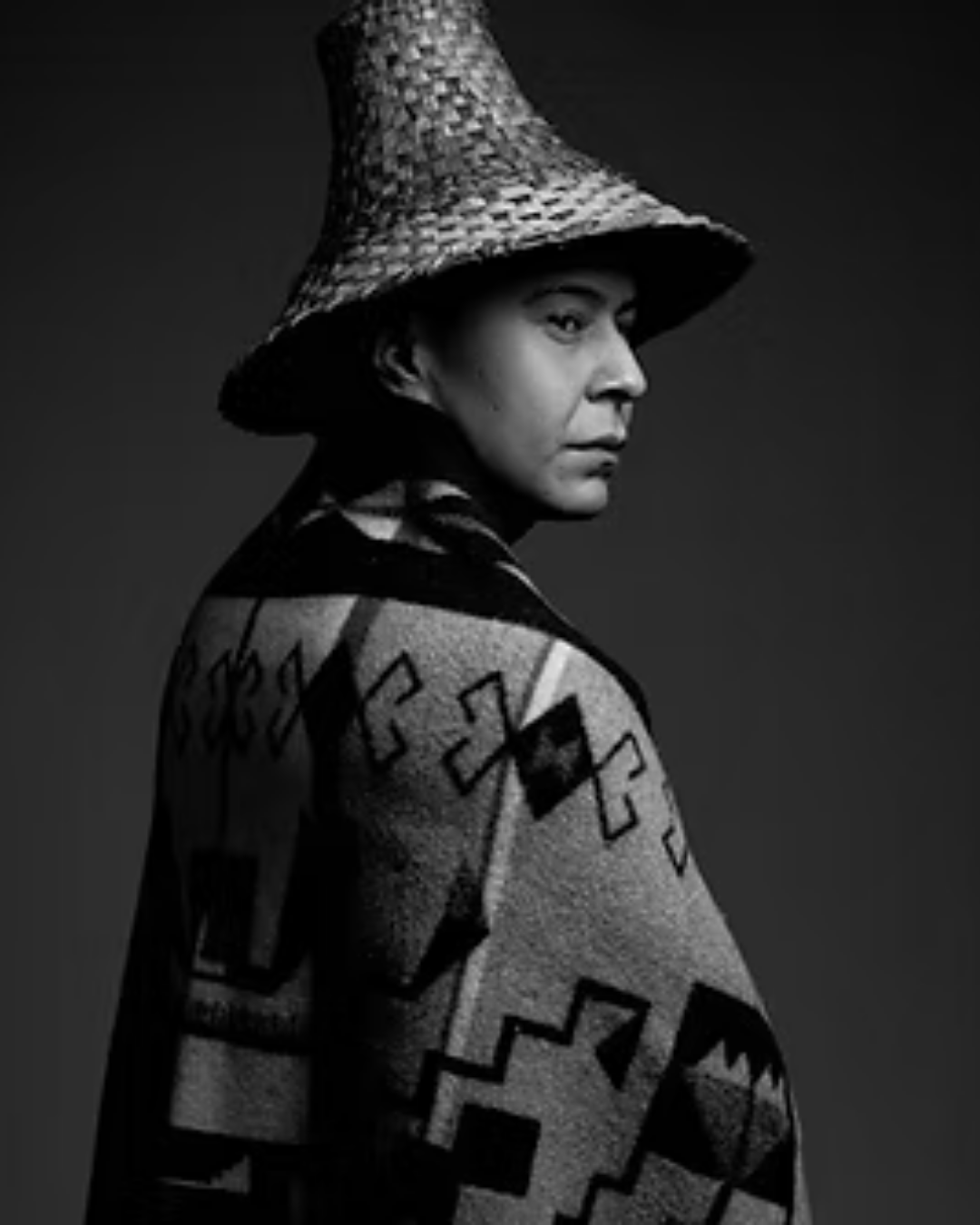
Indigenous Trauma & Equity Informed Practice
Facilitated by Len Pierre
The course aims at expanding our social perceptions on the missing context not usually covered in other ‘trauma-informed’ workshops. It centers Indigenous perspectives on the change required to go beyond being “informed” and to move towards culturally safer and equity-oriented organizations and services.
Main learning outcomes:
- Explore the relationship between colonialism, state violence against Indigenous peoples, and Indigenous-specific trauma today
- Identifying common trauma-responses in the workplace environment
- Assembling list of strategies to respond to trauma in a culturally safe way
- Embedding equity-oriented approaches to working with Indigenous peoples
Len Pierre is Coast Salish from Katzie (kate-zee) First Nation. Len is an award winning entrepreneur, professor, consultant, TEDx Speaker, social activist, change agent, & traditional knowledge sharer. He specializes in the development of educational programs and services with decolonization and reconciliation as its core values. Len holds a Masters degree in Education from Simon Fraser University focusing on Indigenous curriculum and instructional design. His experience includes Indigenous education and program leadership from various organizations across colonial Canada. He comes to us with an open heart and open mind, and hopes to be received in the same way.
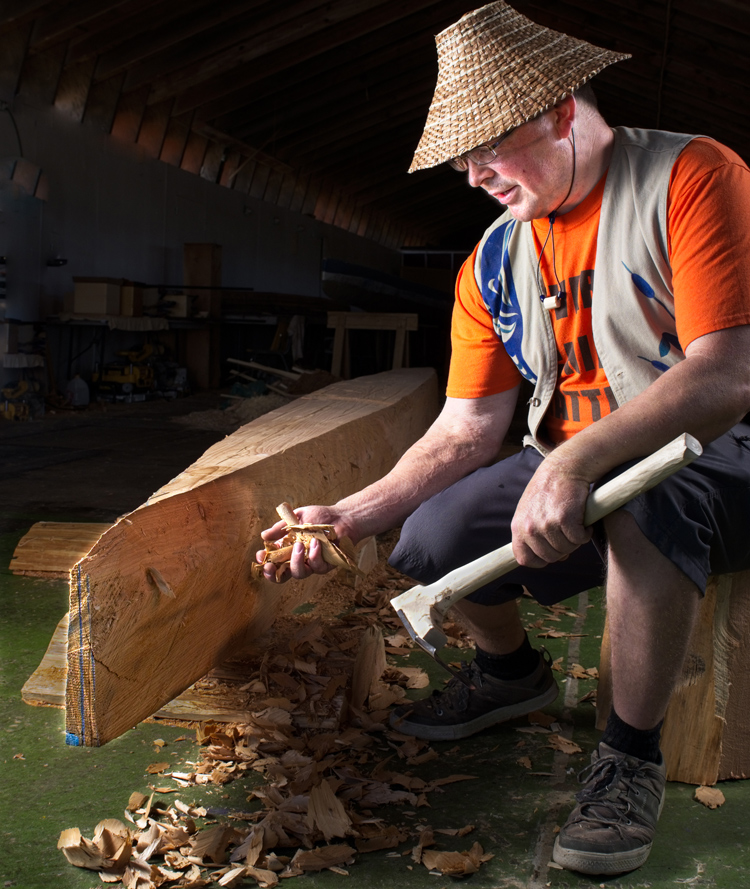
harmony In Circle
Facilitated by Beau Wagner
Our connection to the natural world around us. Harmony in circle is stories of life experiences that have led to healing and another way of being in relation with other living beings around me.
Beau Wagner is a Coast Salish canoe carver and artist. He apprenticed under Stz’uminus Elder and Master Carver ShYa’QuThut (Elmer Sampson) and has been carving for over 30 years. As a descendant of residential school survivors, Beau has faced many challenges caused by generational trauma. When he met his teacher, ShYa’QuThut, he found love, belonging, joy and kindness for the first time in his life. Through his apprenticeship, Beau was able to heal and focus on his gifts. Inspired by his teacher ShYa’QuThut’s wish that his traditional teachings could be passed on to youths as a way of revitalizing Coast Salish canoe culture and fostering understanding and respect for Coast Salish knowledge, Beau began offering workshops in 2019.
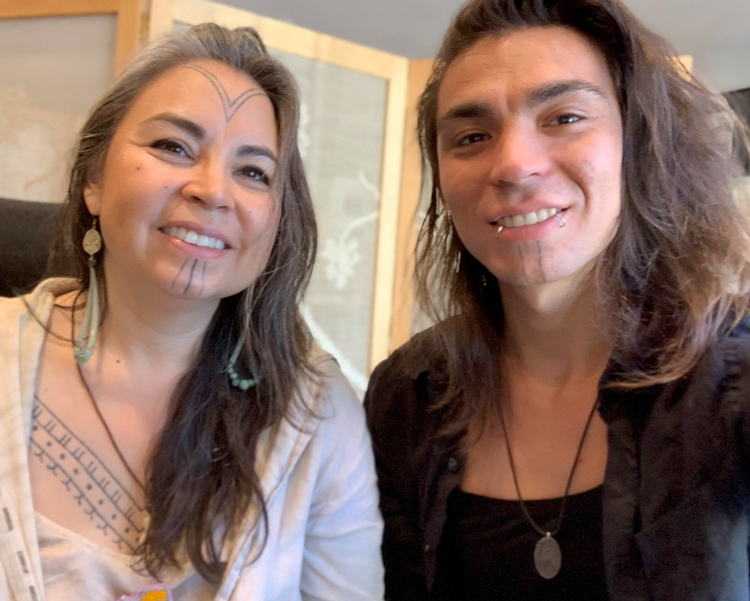
A Collective Story Harvest of Ancestral Tools and Approaches
Facilitated by Wraven Papik & Stephanie Papik
Join us for a 75-minute interactive workshop focused on reclaiming narratives of safety through story telling. Using collective story harvesting, we’ll explore ancestral tools and practices that nurture forgiveness for ourselves and others. Through storytelling and targeted listening, you’ll also learn practical tips and approaches to help normalize conversations towards ending gender-based violence. All are welcome in this space.
Wraven-George Papik-Sibbeston is a 2-Spirit Inuvialuit, Dene, Metis and Irish community holistic health worker, serving the People, the Land and the Spirit of Life.
Stephanie Papik, of Inuit and European ancestry, is a Director with the BC Public Service at the Moose Hide Campaign, which addresses violence against women, gender-diverse people, and children. With 18 years in public service, she led the Indigenous Youth Internship Program, winning a BC Workplace Inclusion Award. She also supported Indigenous knowledge in natural resource decisions and led cultural safety efforts during major emergencies.
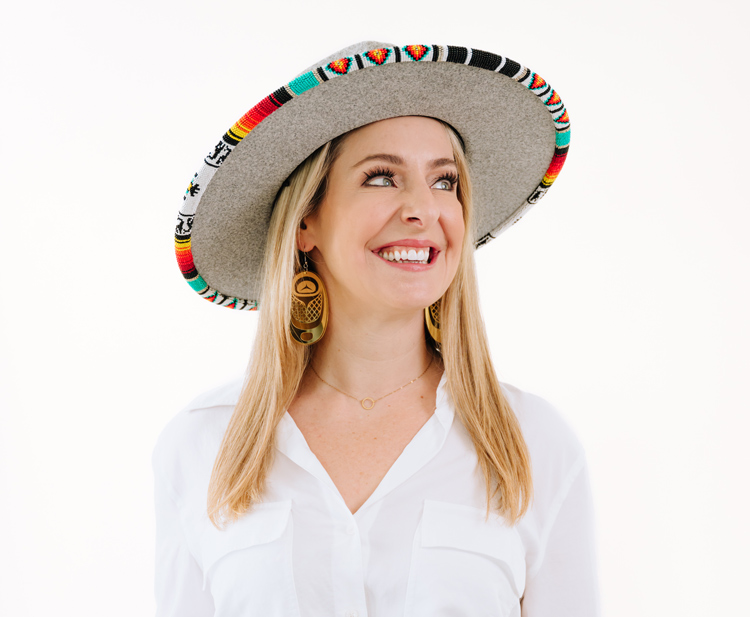
Allyship in Action: Listening, Learning & Walking Together
Facilitated by Kim Trottier
Through her work with Culturally Committed, Kim has dedicated herself to creating meaningful connections between Indigenous communities and service providers, ensuring that cultural safety is more than just a checkbox—it’s a commitment to ongoing learning, humility, and action. As a non-Indigenous ally, Kim will share her journey of building authentic, reciprocal relationships with Indigenous peoples, the lessons she’s learned, and the responsibilities that come with allyship.
Kim Trottier (Settler, Mixed European) is a dedicated advocate for cultural safety and reconciliation in healthcare and beyond. As the Founder of Culturally Committed, she works alongside Indigenous Mentors to address systemic inequities and foster safer spaces. With over a decade of experience supporting First Nations in BC, Kim is committed to meaningful change. She is honoured to stand with the Moose Hide Campaign in the movement to end violence against women and children.
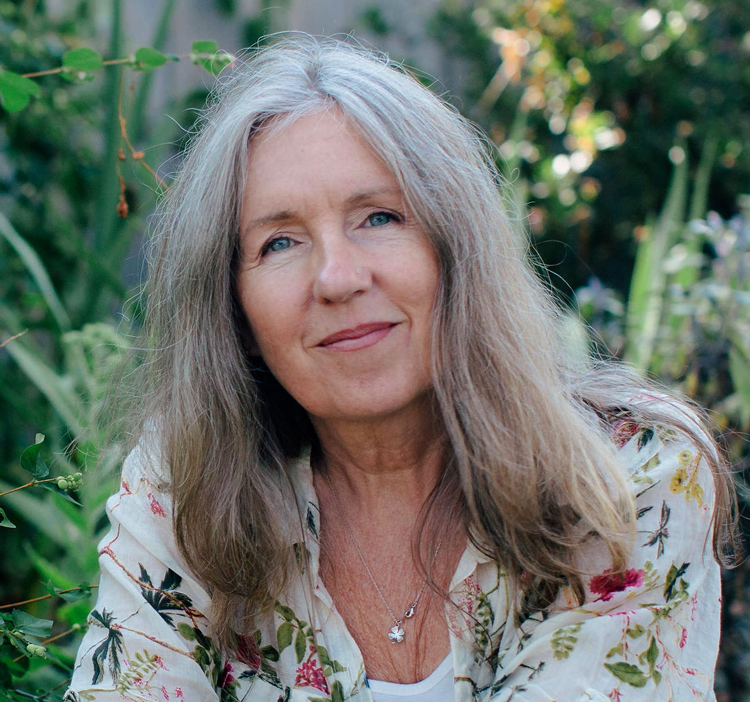
An Introduction to Non-Violent Communication
Facilitated by Rachelle Lamb
Nonviolent Communication is a communication process that has been used worldwide to effectively resolve conflict. Developed by international peacemaker Dr. Marshall Rosenberg, the 4 step process provides concrete linguistic tools that support honest and compassionate communication founded on astute observations into human nature and relating. Put into practice, NVC helps people avoid falling into destructive cycles of blame and criticism by directing their attention to the essential needs that govern people’s words and actions. In both personal and professional relationships, NVC provides a reliable map to support optimal human relating that ultimately strengthens and nourishes relationships.
Rachelle Lamb is a recognized speaker, relationship coach and Nonviolent Communication℠ trainer. She brings an earthy, practical yet innovative wisdom to her work curated over decades of study drawing from cultural anthropology, psychology, history, mythology, poetry, storytelling and deep ecology. Her synthesis of these disciplines provides a rich and fertile scaffolding for transformational dialogue and consistently produces powerful learning experiences for individuals and audiences who cite the learning as profound and life-changing.
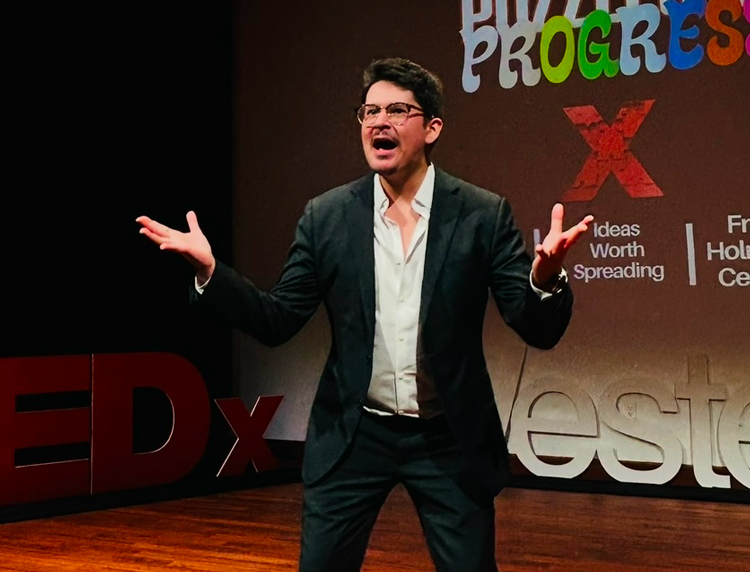
Nurturing the Protector in You
Facilitated by Joe Plant
This workshop will maintain themes of past workshops, such as healthy relationships—with oneself and with others. What is a protector to you? What did it mean to our ancestors?
Protectors that seek to end all types of Gender-based Violence are people who have created harmony between their Femininity and Masculinity. They are all peoples, whether they be mothers, fathers or anyone who they identify with. The road to nurturing the protector in you, is acknowledging that piece, as well as the parts that may or may not have harmed others. That is where the healing begins, and where the identity of a protector can begin to live within you. Nurturing the protector in you naturally builds protectors in others, and this often begins within the home. And so, the power of family in building healthy communities amplifies to healthy communities supporting families and individuals by people learning how to protect themselves and others. This creates a blanket of care that can be wrapped around anyone in that community, whether in the centre or on the fringes.
This workshop is a process of discovery. If you are open to nurturing the protector in you by attending, you have already begun your path.
Joe Plant is the CEO and Founder of Plant Housing and Development (PlantHD). He is Plains Cree from White Bear First Nation and Salish-Kootenai from the Flathead Nation. Joe had a successful Ted Talk on Solving the Housing in February in 2025.
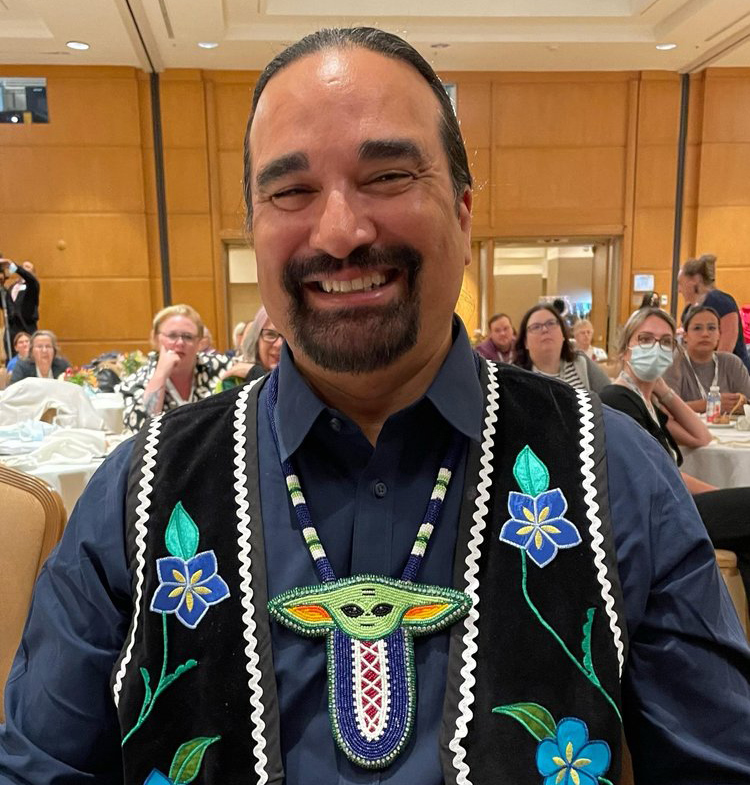
Ogichidaa: Indigenous Masculinity in the Modern Era
Facilitated by Cecil Sveinson
Cecil Sveinson currently serves as the Manager of Indigenous Relations for the City of Winnipeg. Prior to that, he was the Director for Prevention and Cultural Programming for Southeast Child and Family Services. In his personal life, Cecil has had the opportunity to learn from many Elders and knowledge keepers and does his best to pass on what he was taught and care for others in ceremony.
